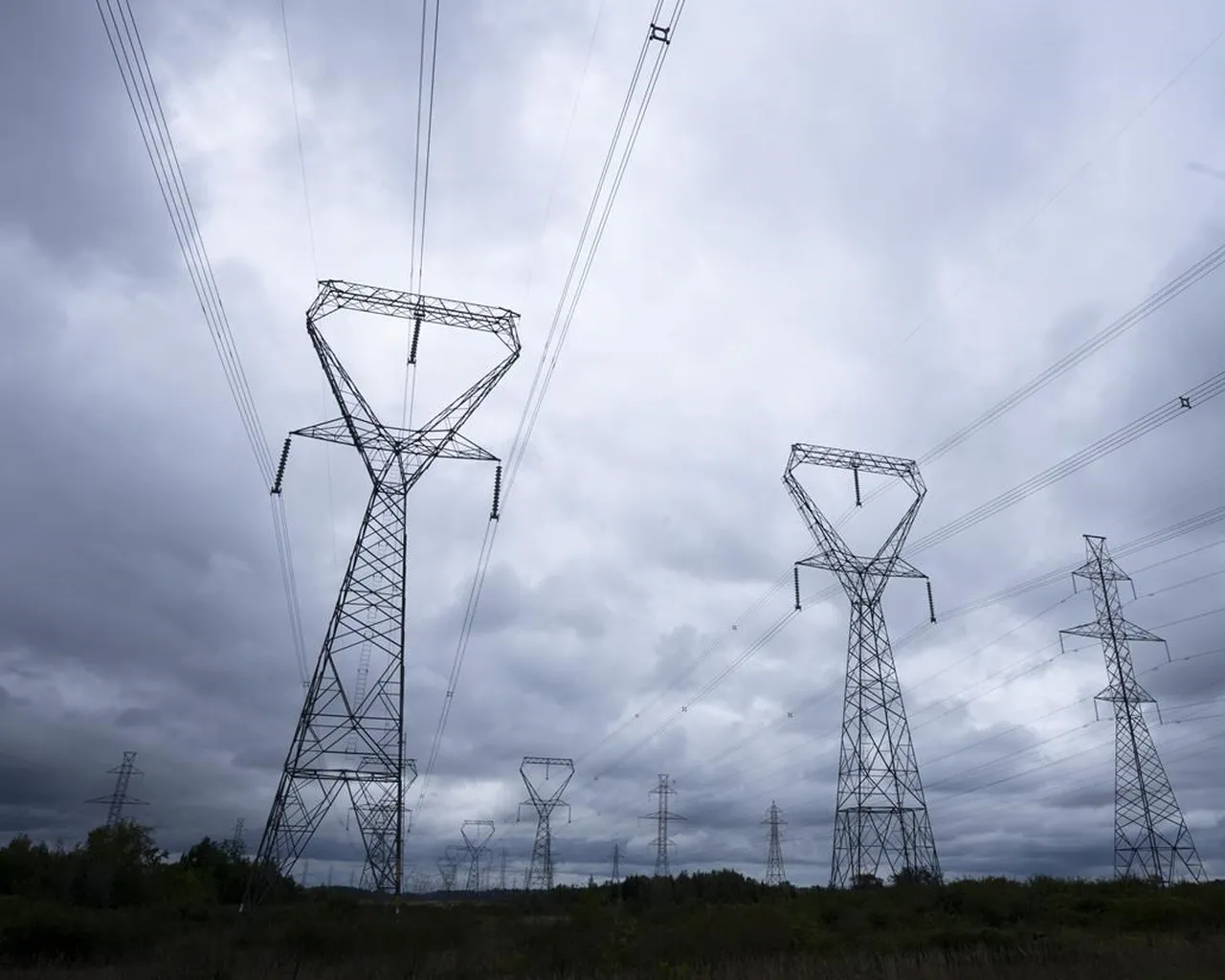Experts say a weak supply of diesel in the United States could have spillover effects here in Canada in the form of higher prices.
Recent US media headlines reported an update from the US Energy Information Administration last month showing that during the week of October 21, 2022, the United States had 25.9 days of total distillate supply.
Oil analyst Dan McTeague, founder of GasWizard.ca, says the current shortages in the United States have mainly affected the eastern United States and are linked to the closure of two large refineries in the Philadelphia area as well as one in Newfoundland.
“These three factories are an important part of the puzzle when it comes to supply. And as we know, the demand is extraordinarily strong. Our strong post-COVID economy is turning to fuel,” he told CTVNews.ca by phone Wednesday. .
But experts have stressed that this does not mean diesel supplies will run out during this time, as other refineries continue to operate.
“It’s added all the time every day and, of course, it’s subtracted every day on demand,” Ian Lee, associate professor at the Sprott School of Business at Carleton University in Ottawa, told CTVNews.ca by telephone. interview on Wednesday.
He used the analogy of a bathtub, where water empties through the drain but continues to flow from the tap.
However, the level of integration between the US and Canadian economies means that we are likely to feel the effects, especially in transportation, agriculture and heating, which in turn could affect prices on store shelves.
“So the point being all…suggests we’re not going to run out of diesel, but the shortages are rippling into the price and diesel prices are going to be high,” Lee said.
According to McTeague, it’s the “calm before the storm” right now before winter sets in and fuel oil demand starts to pick up, which would cause diesel prices to spike, given that they both come from the same product.
“There is likely to be strong upward pressure on diesel prices as it is also a fuel used for heating oil and when the weather gets colder all fuels… start to see a dramatic increase generally at this time of year until almost spring,” he says.
Figures from Natural Resources Canada show the average price of diesel exceeded 200 cents per liter in the spring and most of the summer, before dropping to around 180 or 190 cents per liter in August and September.
In recent weeks, the average price has returned to well over 200 cents.
An imbalance of supply and demand, attributed in part to Russia’s invasion of Ukraine and the subsequent ban on imports of Russian oil – Russia being a major oil producing country – as well as to a reduction in refining capacity in recent years as demand plummeted during the COVID-19 pandemic, all contributed, Lee said.
Some older, inefficient refineries that also failed to meet modern environmental standards have also closed, he said.
McTeague also noted that in early 2020 the International Maritime Organization mandated the use of ultra-low sulfur diesel for container ships, a type of diesel fuel that results in significantly higher levels of harmful emissions. weaker, but more expensive to produce.
“A lot of things have changed. Diesel is not the commodity that we may have been led to believe it was over the last 30, 40, 50, 60 years. It’s the fuel that is really the workhorse of the global economy,” he said.
Meanwhile, building a new refinery requires a large amount of capital, with investments unrealized for decades and potentially at risk as governments pursue decarbonization policies.
“Medium to long term, everyone understands that we’re going to decarbonize, but we’re not living in the medium to long term, we’re living in the present,” he said.
“And right now there’s a shortage of refining capacity, which trickles down to those shortages.”
#Diesel #Supply #Affect #Canada




